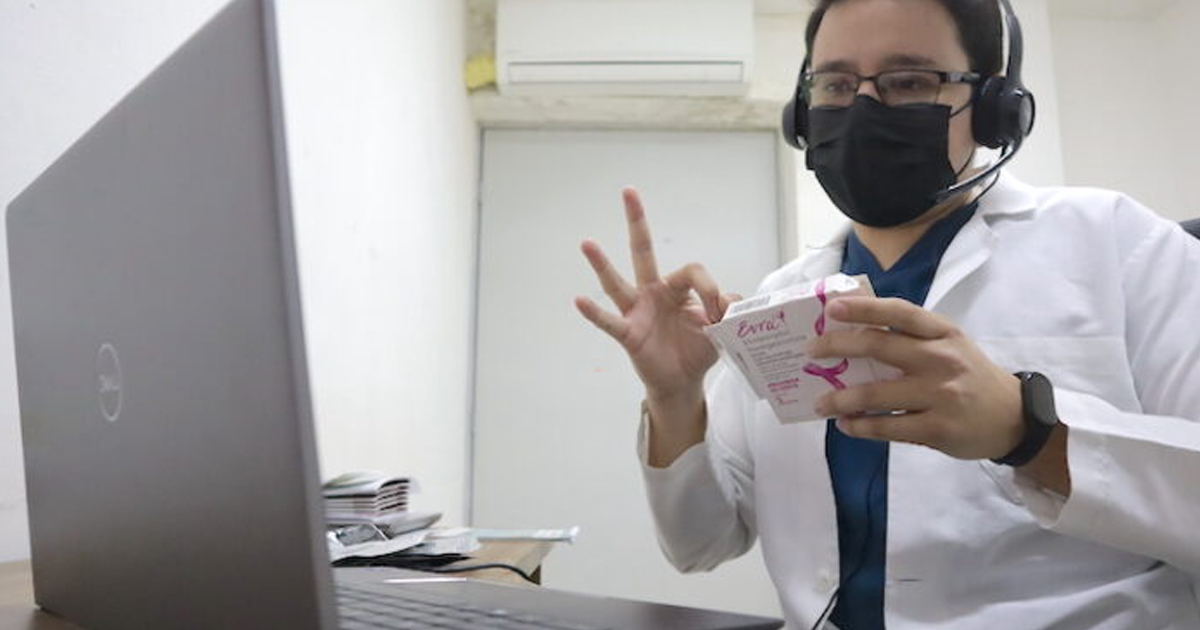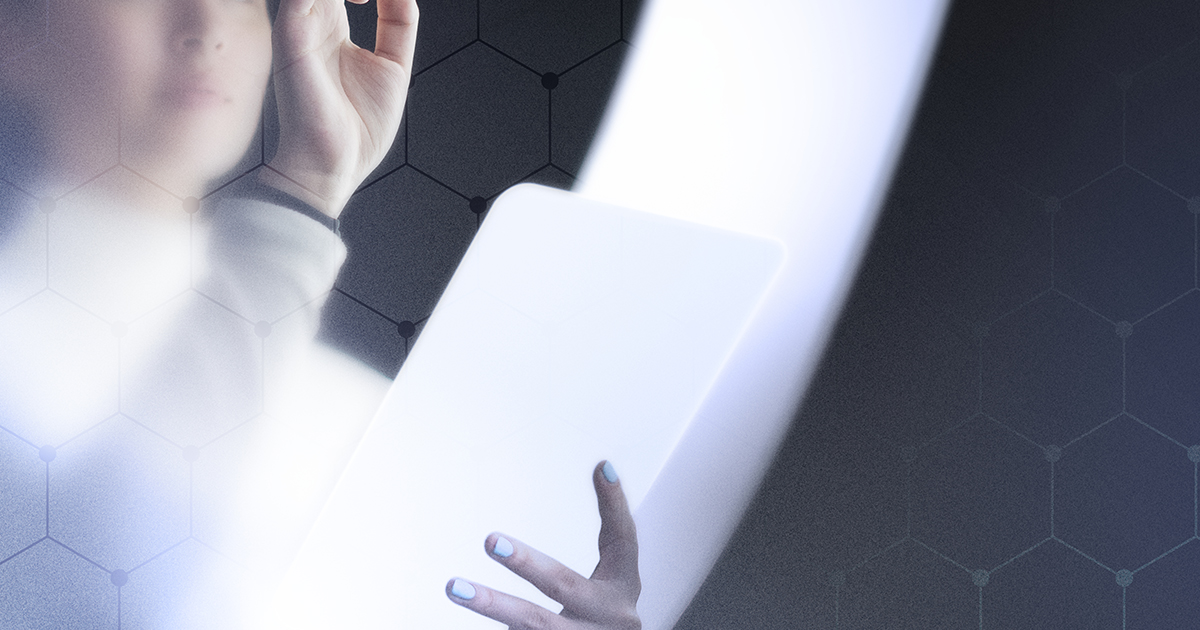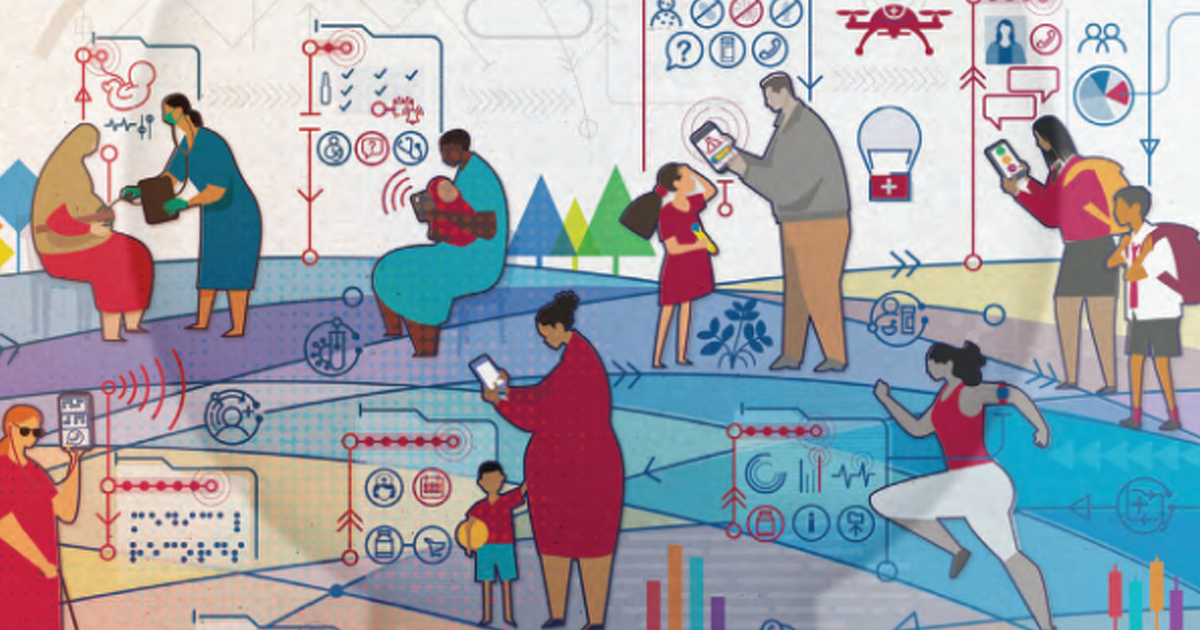The blockchain is a system for recording and storing transactions, it is defined as “a shared and immutable record of peer-to-peer transactions created from blocks of linked transactions and stored in a digital ledger”.
The blockchain or blockchain it works through a distributed network system, and not as a conventional centralized or decentralized system. It could be said that it is a database, however, its main characteristic is that the data is distributed in a network of computers, which are called nodes and there is also no central entity that controls the data.
The data in blockchain they are shared publicly, however, only those with the permissions can access them. The blockchain promotes collaboration between people and organizations, since it is possible to achieve interactions without prior trust between the actors, since all interactions are recorded. In addition, the participants of a network of this type have two access keys, one private and one public, the latter functioning as an identifier for their data.
“Interactions with the blockchain become known to all participants and require verification by the network before information is added, allowing trustless collaboration between network participants while a trail of knowledge is recorded. immutable audit of all interactions,” explains Deloitte.

Blockchain applied in the health sector
Health systems and health organizations can implement the blockchain in different cases and one of the most necessary is interoperability. Via blockchain, public or private health systems that provide services to patients can register their clinical data and also use data standards that can be replicated by other organizations.
In this way, data transactions are recorded and stored in a blockchain, with key clinical information of the patient, without including identification data. And so health organizations and institutions can transact patient health data to perform more accurate analyses.
And most importantly, only patients have the necessary permissions to access their data in blockchain, which can be shared with other health organizations and only in this way can all your information be accessed. In other words, an electronic clinical record that would work in any health system that has this data technology.
As complicated as it may sound, the use of blockchain aims to reduce costs in health systems and provide more power and control over their data to users. However, despite its great benefits, it is a model that represents various technical and organizational challenges, in order to be applied on a large scale in health systems.






